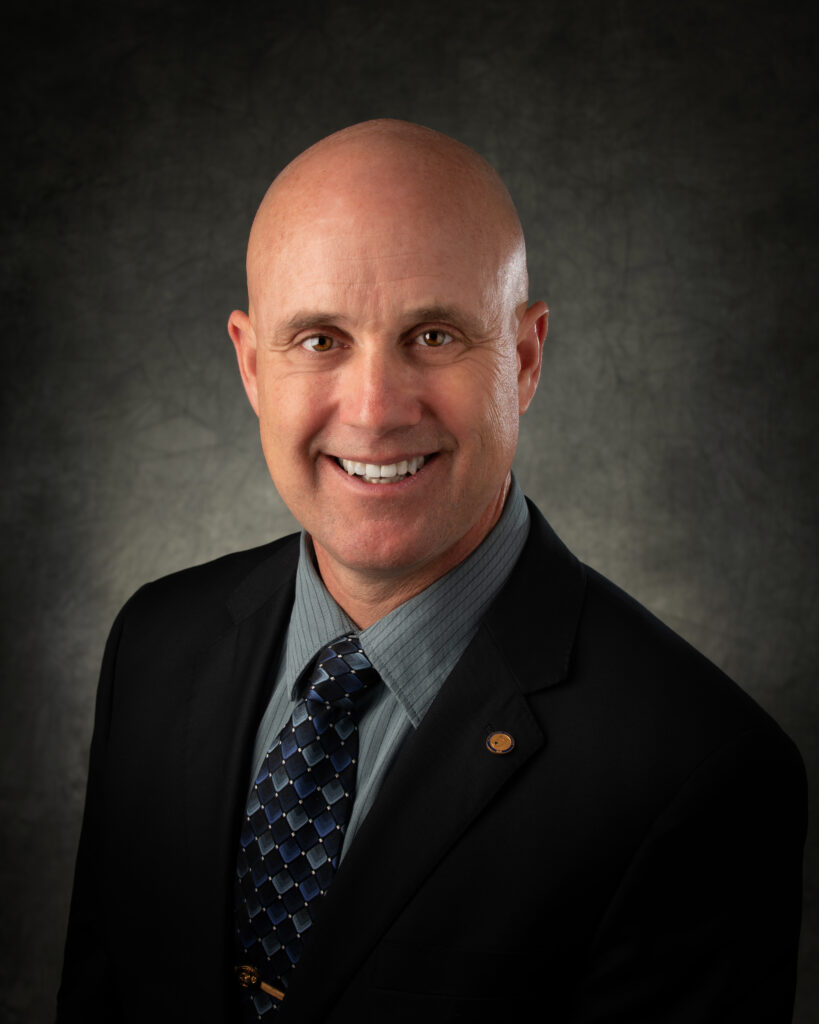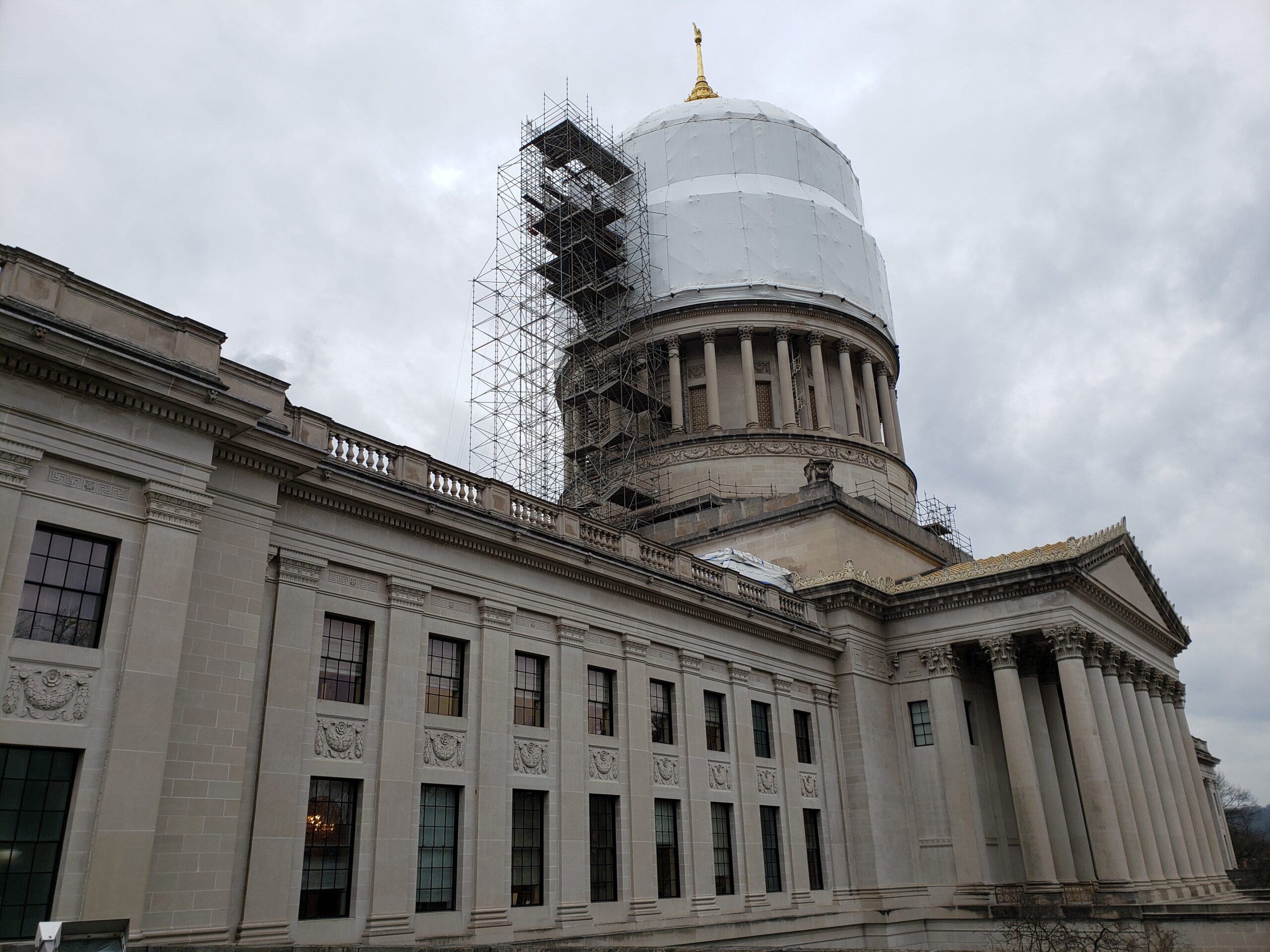MORGANTOWN — The House of Delegates on Friday overwhelmingly approved Speaker Roger Hanshaw’s signature economic development bill, his West Virginia Impact Fund. It also took a few minutes to express its wishes to keep minor league baseball in the state.
The House spent more than two hours deciphering and debating HB 4001, the Impact Fund, and considering amendments. The bulk of the time was spent considering a Hanshaw amendment that replaced the entire bill with a rewrite that wrapped in various improvements suggested by delegates and stakeholders.
The aim of the bill, Hanshaw said, is to allow the Mountaineer Impact Office to scan the globe for major investors – foreign or domestic – interested in pursuing projects worth at least $25 million in West Virginia’s shale basins.
The bill creates the Impact Fund, an Impact Committee and the Mountaineer Impact Office.

The Impact Fund, he said, is simply a line item in the state budget. The bill appropriates no money for it, though future Legislatures could do so.
The Impact Committee would have broad oversight of the process. It would consist of the governor and Commerce secretary along with five gubernatorial appointees with specified business experience.
The committee would appoint an executive director for the Impact Office and approve or disapprove project proposals brought forward by the office. The committee would also form the legal entities – limited-partnership taxable businesses – that would develop the projects.
Hanshaw admitted that the concept is difficult and many delegates had trouble grasping it, so Hanshaw had to re-explain and clarify it several times. The state would be investing little or no money, he said. The money for the projects would come from the investors.
The committee would approve projects but would not use the Impact Fund as a general pool of money to spread among projects as it wished. The investors would direct their money into the projects they choose to participate in, with the Impact Fund acting as a pass-through.
Each project would be governed by a self-governing legal entity set up by but not controlled by or owned by the Impact Office, which simply provides administrative functions.
Hanshaw and bill supporters explained that the Impact Fund is a form of a sovereign wealth fund that would allow the investors to feel safe with their investments. Foreign investments – by other countries or foreign individuals or corporations, are subject to review by the federal Committee on Foreign Investments in the United States (CFIUS).

CFIUS reviews these transactions to determine their effects on national security, and has a two year window to “claw back” investments that fail to pass muster.
A sovereign wealth fund, Hanshaw said, provides reassurance to the investor that their investment has been vetted by the state for CFIUS concerns. CFIUS still would have full review authority and could still claw back money, but the state blessing provides some comfort it won’t happen.
Other states have sovereign wealth funds, Hanshaw said, that use tens or hundreds of millions of dollars of taxpayer money to lure projects. West Virginia can’t compete with this. The Impact Fund is a unique alternate version that would use non-taxpayer dollars under the shield of the state’s program.
“We have a chance here to do something we’ve not done before,” he said. At the worst, nothing will happen. “But what if something does happen?” It could draw something like the Virgin Hyperloop – a 600 mph underground transportation system West Virginia is in the running for.
Additional amendments made sure that no foreign investment comes from U.S. enemies, terror sponsors, narcotics traffickers, human traffickers or other bad actors. Government officials are prohibited from profiting from the fund or the projects.
An alternate amendment to Hanshaw’s would also have replaced the entire bill. It structured the Investment Committee differently, creating a Board of Private Investors selected by the Impact Fund’s investing members. Delegate Jim Butler, R-Mason, said this would reduce influence by the governor. Members chose Hanshaw’s over this one.
But Delegate Tony Paynter, R-Wyoming, said he’d be a “no” vote because he doesn’t trust government involvement, even if government is providing no money.
But the vast majority supported it. Delegate John Kelly, R-Wood, said, “House Bill 4001 is a bold step in the right direction.” Delegate John Williams, D-Monongalia, called it a bipartisan, creative approach to allow investment in the state.
The final vote was 94-4, with Paynter and Butler among the nays. All local delegates voter for it. It now heads to the Senate.
Baseball resolution
HR 14 is identical to SR 44 passed last week in the Senate. It urges Major League Baseball to rescind the ill-advised proposal that threatens the future of professional baseball in West Virginia.”
MLB announced a plan six months ago to eliminate 42 minor league teams, including three in West Virginia: Charleston-based West Virginia Power, Princeton Rays and Bluefield Blue Jays. The Morgantown-based West Virginia Black Bears are not on the list.
Delegate Doug Skaff, D-Kanawha, said, “I can’t imagine a Mountain State without baseball. … That is our pipeline to the major leagues.” Citing baseball’s econimc impact, he said the resolution wil signal to MLB and the nation that “West Virginia is open for business and open to play ball.”
HR 14 was adopted 98-0.
Tweet David Beard @dbeardtdp Email dbeard@dominionpost.com




